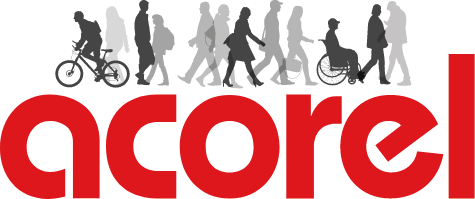Transportation efficiency has become a major concern for modern cities. Two elements are emerging as key players in this transformation: revenue sharing in public transportation and intelligent passenger counting. Together, these devices offer significant opportunities to optimize the use of transportation services, improve profitability, and provide a smoother travel experience.
Maximizing transportation efficiency through revenue sharing and intelligent passenger counting
Revenue sharing in transport
The concept of revenue sharing relies on collaboration among various stakeholders in the public transportation sector, such as operators, local authorities, and different operators and organizations. By fairly redistributing the revenue generated by transportation services, this approach encourages cooperation and stimulates innovation.

Advantages of revenue sharing
Stimulation of investment
Financial incentives created by revenue sharing attract investors, facilitating the modernization of transportation infrastructure.
Improved accessibility
Fairer fares resulting from revenue sharing make transportation more accessible to a larger number of people, promoting inclusive mobility.
Sustainable development
By redirecting revenue towards sustainable infrastructure projects, revenue sharing contributes to the creation of environmentally friendly transportation networks.
Intelligent passenger counting
Traditionally, the process of revenue collection in public transportation relies on fixed fares and manual validation methods. However, with the advent of intelligent passenger counting, operators can now gather accurate data on the number of passengers on board in real-time.

This technology uses advanced sensors, such as smart cameras and motion detection devices, to automatically count the number of people entering and exiting vehicles. Real-time information provides a more accurate understanding of public transportation usage, allowing authorities to better comprehend passenger flows and optimize operational efficiency.
Link with revenue sharing
Intelligent passenger counting provides transportation authorities with a solid foundation to review and adjust revenue-sharing models. By understanding demand and travel patterns more precisely, operators can establish fairer and more realistic fares. For example, during off-peak hours when ridership is lower, fares could be adjusted to encourage more passengers to use public transportation at those times, optimizing resource usage and generating more stable revenue.
Moreover, intelligent passenger counting can also contribute to combating fraud by detecting invalid trips and ensuring that each passenger contributes equitably to the financing of the service. However, ticketing systems may not always assist in revenue sharing as they do not account for the complexity of the network and its stakeholders.
For more information, click here
